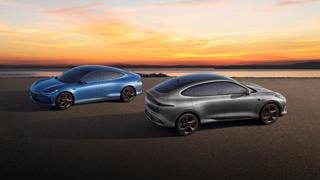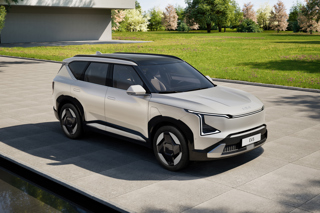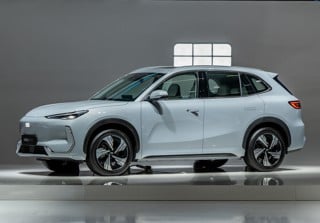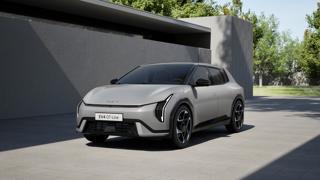The second half of the 12-month Mini E field trial have begun, as the outcome of interviews and analysis of data collected from the first three months of the trial is released.
The results of the trial will help shape the specification and operating characteristics of the Mini/BMW Megacity vehicle which debuts in 2013.
The key findings of the trial which involved both fleet and private motorists are:
- Mini E usage differs only marginally from a control group of Mini Cooper and BMW 116i drivers in terms of average journey distance, daily mileage and frequency of use.
- Users felt reassured that both the MINI E itself and the charging process are completely safe.
- There was a very strong feeling from both private and fleet users that renewable energy should play an important role in future electricity generation. There was also a strong feeling that the battery of an electric vehicle (EV) should be charged using renewables to optimise the ecological advantages of an EV.
- Users reported a need for more interior space for journeys requiring more passengers and more storage capacity.
- Users felt strongly that public charging facilities for EVs were desirable and even essential. However, at the same time, the majority claimed that they coped without public charging facilities.
- Users liked the electric car’s lack of noise, the convenience of home charging, low off peak power charges, not having to go to a petrol station and queue, driving a zero emissions vehicle, acceleration characteristics and regenerative braking.
- Drawbacks include current mileage range for certain journeys, limited carrying capacity and sub-optimal car performance during the extremely cold weather conditions in December 2009 and January 2010.
However asked whether they would buy one, the result was that like all drivers their purchase intentions are price-sensitive, although almost half of the users stated that they would pay one-third more than a conventional Mini in order to benefit from the advantages of a more sustainable form of personal mobility. This implies a UK acceptable price of around £16,000.

















Login to comment
Comments
No comments have been made yet.